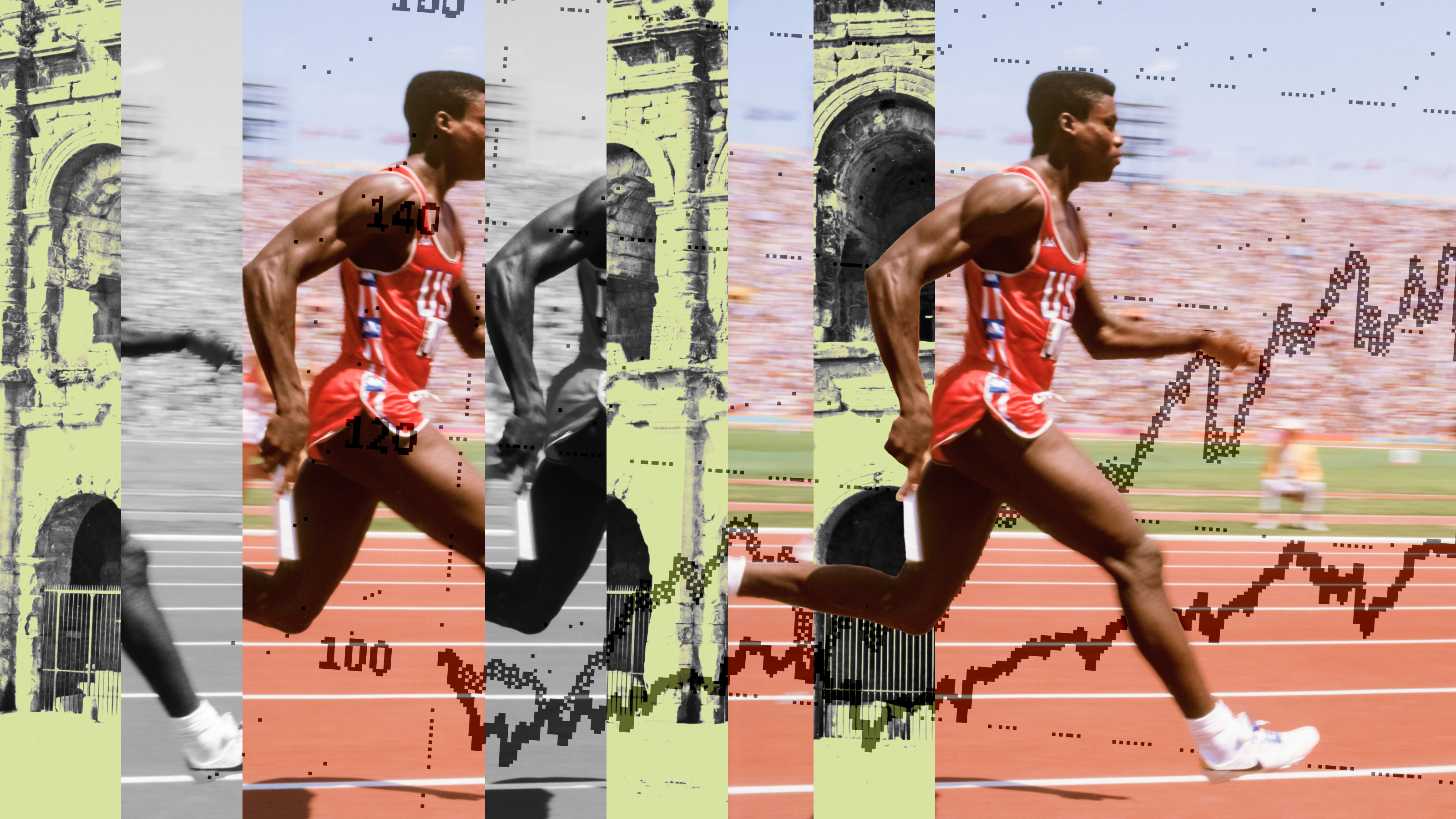Question: What led up to changing the makeup of your band?
David Gray: Changing the band was a huge decision but one that came to me gradually. But really, doing the making of Life in Slow Motion in 2004 and 2005, I already knew. I could sense that whatever had been there once wasn't there anymore. Things come and go, and people change. and obviously we had been through a lot together: we have been very compressed, making records, touring, TV studios, all rubbing against each other and everyone needs a bit of space.
But everyone makes sense of success in a different way and I think some people try to horde it as if it proves something. Whereas, for me I find that it's useless beyond the point of itself and it doesn't mean you're justified making another good record—just because you made a good one once doesn't justify the next one. It moves on, as you see, at an alarming rate. People make a great record and then you never hear from them again. What happened? Did something get trapped inside their heads that shouldn't be there? It's like that. So there's a degree of transparency – you have to surrender the past and go, “Okay, well that was all well and good. Here we go again.” Because you have no right, the next thing you do, etc., etc.
So I felt that certain people were looking at things differently and there was a degree of complacency, which isn't there for me when I write and do things. But basically it just wasn't as much fun, or it wasn't as sparky as it could've been, and I sensed the thing you fear the most, which is that we were going to repeat ourselves any time now. Also, I throw out certain sort of ideas, sort of templates of ideas in terms of the way it form the words for that kind of tempo of songs, or the mood of songs and the same people react in a similar way unless they have some rabid, ferocious appetite for reinvention. And unless they’re all the little individual Radioheads and want to sort of tear everything up just for the sake of it, you find that you start to make the same kind of songs, and that’s what was starting to happen.
So, its part of a sort of – it was a difficult thing to say good-bye, particularly to Clune because he – well they were all very talented people and we had a brilliant time, and they had done great things. But, Clune was the big one. He was there with me through all of the years of misery and hardship, or nearly all of them anyway, missing the first couple. And he's such a big-hearted guy and was such the heartbeat of my whole sound for a while. So, saying goodbye to Clune was really a big deal. So I went and saw him personally and there's no nice way of putting it; I just basically said I need a new challenge and I'm going to have to move on. I don't know what the future holds, we might work together again. So these things are awkward moments.
Question: How did he respond to you?
David Gray: Well I think he sensed it was coming so he just thought that maybe I was moving in a sort of direction that he didn't really want to go in and he sort of said that, or he seemed to be wanting to go back more to this almost kind of like a folkie type of sound. And he was more interested in more of the pop element. And that's how we've sort of worked it out for himself that I was going off on a different tangent slightly. So, you know, [it’s a] “Good luck” kind of thing.
It was difficult getting rid of everything when there was nothing yet to replace it. But as soon as you have the need, you find people and you find what you need. It's interesting how works. It's like; it makes you realize that you ‘never hear the melody until you're needing the song.’ It's a Tom Waite’s lyric. Applying that metaphor to many things in life, it's true of people and it's true of all kinds of things. It's like if you are incredibly wealthy and there's actually no reason for you to do what you do pretty much, you can tell yourself you're still doing it for the right reasons but it definitely changes the equation. Whereas, if you absolutely knew that you'd spent all of your money on some crazy sort of binge, or on the whatever, holidays, Ferraris, toy soldiers, it doesn’t really matter. But then you've got nothing suddenly and in different fire to that when you are powered by the fact that you actually do need material things and you’re going to have to get them quick. It puts you in a different headspace.
Question: Did that attitude carry over to the new record?
David Gray: That was basically the headspace I was in for this record because we chose not to sign all our deals; we chose to go it alone, because it was a changing world and a brave new world will be coming along any time soon. No one told us about the dead horse, look at him, staring at the world of diminishing returns was the only one that was actually coming around the corner. But, we felt it was better to be free within that than shackled to some dying beast. But as a consequence, the finances, every aspect of making the record was very much – there was a much more sober light cast on everything. Which I think is vital, and when financial stuff was going down, and my own finances got messed up, it was very real, and it was quite stressful actually. But I actually thought it was good. It was like; well at least we are in the real world. Fucked like everyone else. It’s like rather than reclining on some giant pillow of wealth and sort of sympathizing with people. It wasn’t like that and it didn’t feel like that. So, there was something positive about it. There’s an element of risk, not only creative risk in changing everything and in the way we recorded which was basically all or nothing. We had to get the take with the vocals, or we don’t get anything.
And likewise, in the broader sense of the business side of it, which always has a huge amount to play in the making of any creative project. What the thinking was around it and behind it. So, anyway, we were on sort of similar lines on not so different levels and that’s led to this sort of vitality of what this is which I think is very plugged in to just being alive now.
Recorded on: September 21, 2009





